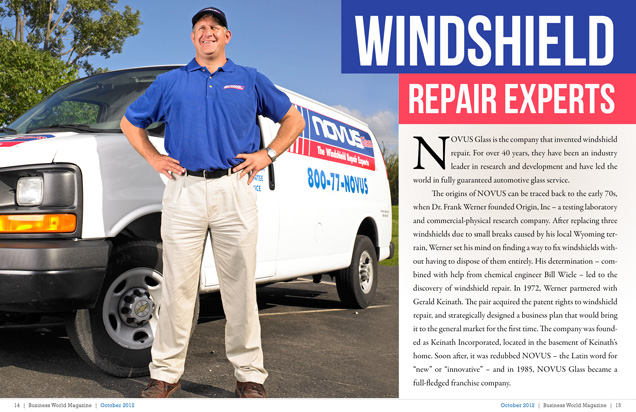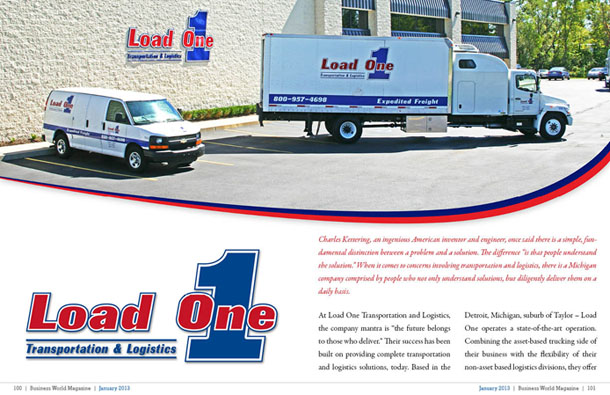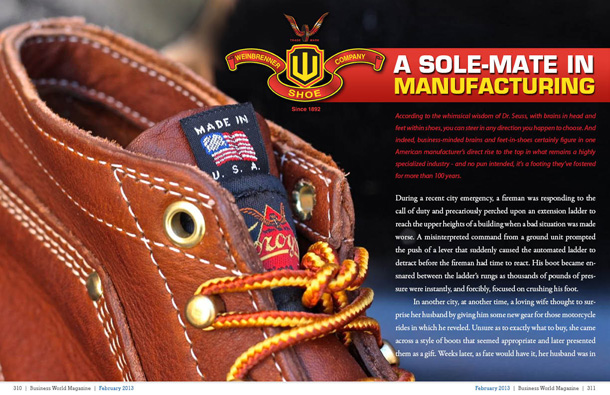The right results, the right way
Noranda Aluminum Holding Corporation is a leading North American integrated producer of value-added primary aluminium products and high quality rolled aluminium cells. Every year, Noranda produces over 263,000 metric tons of primary aluminium and are involved in all aspects of the aluminium industry – everything from technology, mining, refining, smelting, fabricating to recycling.
“Our strategy is simple,†says Kip Smith, CEO of Noranda Aluminum. “We strive to make each pound of aluminum at the lowest possible cost and sell it for the highest premium available in the market.â€
“Noranda has numerous natural strengths, including resourceful and engaged employees, strong relationships with long-standing customers, and facilities that are both strategically located and cost competitive globally,†he adds.
“Combining these natural strengths with our flexible capital structure, our effective strategy, and our sustainable operating model, we have created – and will continue to create – sustained and sustainable excellence.â€
Smith is an industry veteran who started his career at the Dow Chemical Company. His first job was as a systems analyst but over the course of a 20 year career he worked his way up through a wide array of departments and roles, both domestically and overseas. From there, he moved into the power industry, where he worked as the Director, President and COO of Ballard Power Systems.
After three years with Ballard, and a couple more with a small start up called NxtPhase, Smith opted to retire. His retirement lasted “almost six months,†he says, before he was recruited by Apollo Management to run a company called Resolution Performance Products – a company in need of a shift in strategic direction. Working with the CEO and the rest of the management team, Smith helped improve Resolution’s profitability preceding its merger with Hexion Specialty Chemicals (now Momentive Specialty Chemicals), another Apollo-owned company.
At that point, Apollo understood Smith wanted to be a CEO, so he was appointed to Covalence Specialty Materials, another Apollo acquisition and the number one producer domestically of trash bags. That company merged with Berry Plastics, and after overseeing the transition, Smith shifted once again into the CEO role of Noranda in March, 2008.
“I’ve been in and around commodities since 1977, and you can make the case that I’ve been hanging around commodities since I’ve been 12 years,†he says. “I grew up in a company town. My dad had a wonderful career with Dow, and because of that high quality manufacturing job my family really lived the American dream.â€
“Commodities, chemicals plastics – this was dinner table conversation,†Smith explains.
Dow Chemical Company is from where Smith modelled his strategy for running a company. “It starts with the values of the people, and their commitment to doing the right thing, the right way,†he says. “That – combined with getting the results – is the necessary condition to be in business.â€
At Noranda, Smith says they start out with two priorities of equal importance. One is doing the right things, the right way. The other is getting the results.
The heart of Noranda
Noranda Aluminum Holding Corporation was formed in March, 2007, and acquired wholly by Apollo later that same year. Today, the company’s upstream business consists of an aluminium smelter near New Madrid, Missouri and supporting operations at their vertically integrated bauxite mine in St. Ann, Jamaica, and an alumina refinery in Gramercy, Louisiana. Their downstream business includes four rolling mill facilities across Tennessee, North Carolina and Arkansas.
Before being acquired by Apollo, Noranda operated as a subsidiary of Xstrata. Immediately prior to that, they were a subsidiary of Falconbridge Limited. In general, the company’s roots go back several decades – the New Madrid smelter recently its 40th anniversary of operations, for instance. Being an independent company poses a plethora of challenges, however, and in order to ensure Noranda thrived, Smith was called to the plate. With his commodities background, and his history with Apollo, he made a good fit.
“I was particularly attracted to Noranda first because of the people,†Smith recalls. “When I walked in to the company, and I got the chance to interview some of the senior management team, and I found they were my kind of people. That gave me great comfort that the foundation of the culture here was one we could grow.â€
Having a good culture is of the utmost importance to Smith and Noranda. “Relationships are right at the heart of how we run our business,†he says. “I firmly believe relationships are how you build sustainable business success.â€
To build an effective relationship with a customer, Smith says there a “number of key behavioural elements that you have to subscribe to.†Many of those elements go back to Noranda’s mantra of doing the right thing, the right way. For example, the most important part of a relationship is trust, which means treating customers fairly and meeting commitments made to them.
“You have to understand what their real needs are, and then you craft a value proposition where you offer them a product and a service at a value that makes sense to them,†Smith explains. “After that, you can have that customer for a long time. Our track record suggests that our value proposition is working pretty well.â€
“Every day, we build a sustainable, integrated aluminum company founded on growth and successful long-term relationships,†he adds, citing the company’s mission statement. Those relationships are not only with customers – they are also with co-workers, suppliers and communities, and if they get those relationships right, then they also have long term relationships with quality investors.
An “and†company
In 2011, Noranda Aluminum achieved success despite the volatility that affected the aluminum industry as a whole. Smith credits this achievement to their focus on relationships, and also their focus on creating long-term sustainability through “Six Sustainable Workstreams of Our Operating Model.†At their core, those streams are: productivity, value added growth, focus on financial management, process improvement, environmental health and safety, and employee engagement.
Each one of those workstreams has a manager or “ownerâ€, and each one of those owners report to Smith. “Our mission, our focus on relationships, our focus on integration, and those workstreams – when you add that all up, that would be the CliffsNotes version on how we achieve our success,†he says.
John Parker is a Vice President at Noranda. He was there when Smith first started, and has an even simpler way of describing why Noranda Aluminum is successful. “The first thing I heard Kip say that really stuck with me is that we’re an ‘And’ company,†he recalls. “We get the results and do the right things, the right way. That’s a very important and.â€
Another key example of being an “and†company can be found in Noranda’s strategy moving forward. “We have a real passion for creating short term results, but we also have a leadership focus and a commitment to balancing that passion with a commitment to long term success,†Smith says.
At Noranda, they talk a lot about celebrating their 100th year anniversary – which is slightly unusual, considering they only recently celebrated their fifth. “We still have some of the banners on the wall that say ‘Congratulations on the first five years, only 95 to go.’â€
“We think that keeping a portion of your attention focused on the very long term reminds you how much success you really need to afford the necessary reinvestment in the business to make it to the long haul,†Smith explains. “That includes how much financial success you need, how much employee engagement success, and how much growth success.â€
“We’re an aluminum company and we expect to remain an aluminum company, but we’re going to grow,†he adds. “We’re going to find a way to take those customers that have been with us for over 20 years and work with them to be part of the journey to the 100 year mark.â€
At the same time, Smith says that the company is always aiming to find new customers and discover new applications for aluminum, and thus new opportunities for success.
“We talk about creating a sustainable company, and that means being environmentally sustainable and socially sustainable as well as economic sustainable,†he says. “It goes back to being an ‘and’ company.â€
A recent report commissioned by the Aluminum Association states that over 75 per cent of all aluminum ever produced is still in use today. Noranda, as an aluminum business in every sense, is well positioned to achieve the sustainability they are shooting for.
“We believe that building a sustainable aluminum company is a sure path to our success,†concludes Smith, once again citing Noranda’s mission statement.  “I believe that with my whole heart.â€






